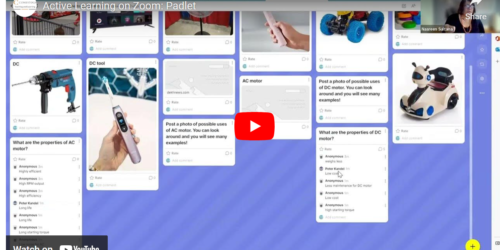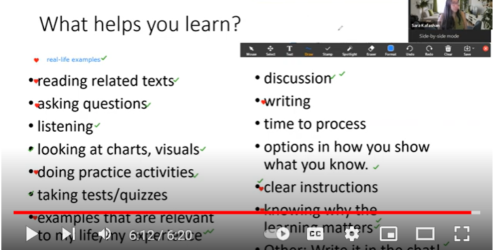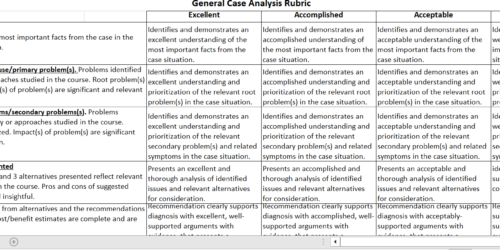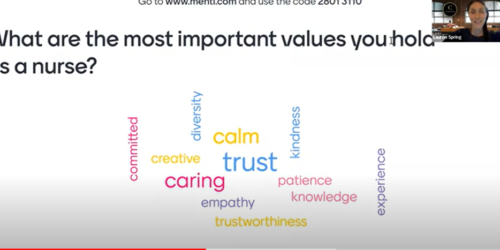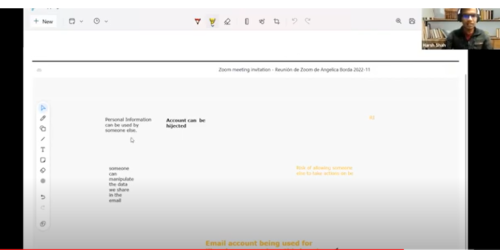Instructional Strategies
Reading Time: 8 minutesWhat are instructional strategies and why are they important? Whether you recognize it or not, almost everything you do in the classroom is an instructional strategy. For example, when you’re standing at the front of the room sharing new content with learners and helping clarify what’s written on class slides, you’re engaging with a “direct” instructional strategy. If you then...


